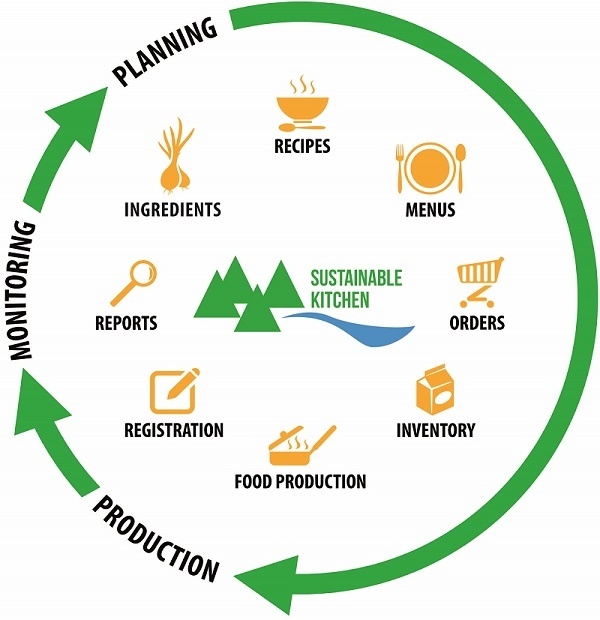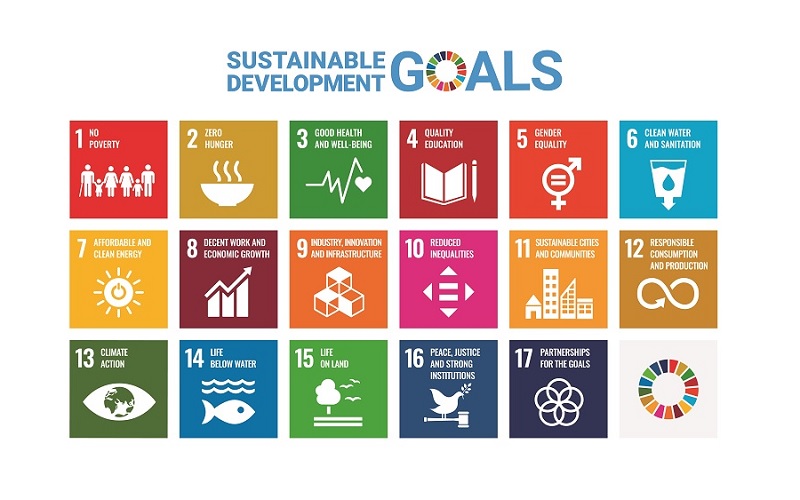By Anna Skyttä
”Food is more than just what we eat. The ways in which we produce, process and consume food touches every aspect of life on this planet. It is the foundation of our cultures, our economies and our relationship with the natural world.” United Nations Food Systems Summit 2021 video
”We Can Build A Just And Resilient World Where No One Is Left Behind”
In 2015 the United Nations member countries agreed on the 2030 Agenda for Sustainable Development. It includes 17 global goals to end poverty, protect the planet and improve the lives and prospects of everyone, everywhere. Food is closely linked to several goals in the 2030 Agenda both directly and indirectly. In September there will be a Food Systems Summit related to the 2030 Agenda together with the UN General Assembly.
National Acts To Support The 2030 Agenda
Global scale goals would be impossible to reach without breaking them down into a more concrete level. Over 100 countries have committed to include the 2030 Agenda Goals into national planning. In the U.S. you can find governmental level information on sustainability in the USDA website.
Sustainability has spread out from national level into businesses, organizations, and individuals. For example, in the U.S. the National Restaurant Association provides sustainability information related to the food service industry. There are also lots of initiatives related to sustainability. 86 Food Waste is a collaboration in between the National Restaurant Association and World Wildlife Fund to help you cut the waste and save money. FoodPrint is a program dedicated to research and education on food production practices. Hungry Planet is on a mission to bend the curve on personal and planetary health with a full range of plant-based meats.
These were just a few examples of different types of initiatives related to sustainability. Businesses and organizations have made a huge amount of work with sustainability in the last years. They have set goals, and defined action points in order to achieve them. In global scale the 2030 Agenda can seem a bit distant, and from an individual point of view even something you can do nothing about. When you scratch the surface, you will notice efforts towards the sustainable development goals almost everywhere. Continuous work for sustainable development also takes things forward all the time. We are constantly taking small, and some times even bigger steps towards the 2030 Agenda Goals – even if the finish line will not come into view until years from now.
Food Consumption Patterns Are Key To Reducing The Environmental Effect Of Food
The environmental effect of food is approximately as big as of traffic, or water and energy consumption in households. Environmental effects are generated especially in primary food production. However, in order to reduce them we need to work in the end of the food chain. What we consume and how affects directly the primary production. Favoring foods with lower environmental impact will grow their share in primary food production. This will reduce the share of food with higher environmental impact. By minimizing waste you will avoid environmental effect of both food that has been produced for nothing, and that of food waste.
There are around 1 million restaurant locations in the United States. Even if the consumers choose the food they eat also outside of their homes, the food service operators have the chance to guide their customers towards better choices by providing environmentally friendly options on their menus. You can reduce waste from leftovers for example by reducing portion sizes, or by encouraging your customers to take reasonable sized portions in self-service lines.
Sustainability in a single kitchen comes from many different factors, from planning to execution. JAMIX Kitchen Intelligence System supports sustainability in the kitchen diversely, starting from the planning phase. JAMIX CO2 Calculator provides information on the carbon footprint of food making it easier to take the environmental aspect into consideration when creating recipes and planning menus. In addition, comprehensive JAMIX System includes versatile tools for reducing food waste. Small streams create big rivers. This saying goes for reaching the sustainability goals of a single kitchen, as well as for reaching them in a national or global scale.




